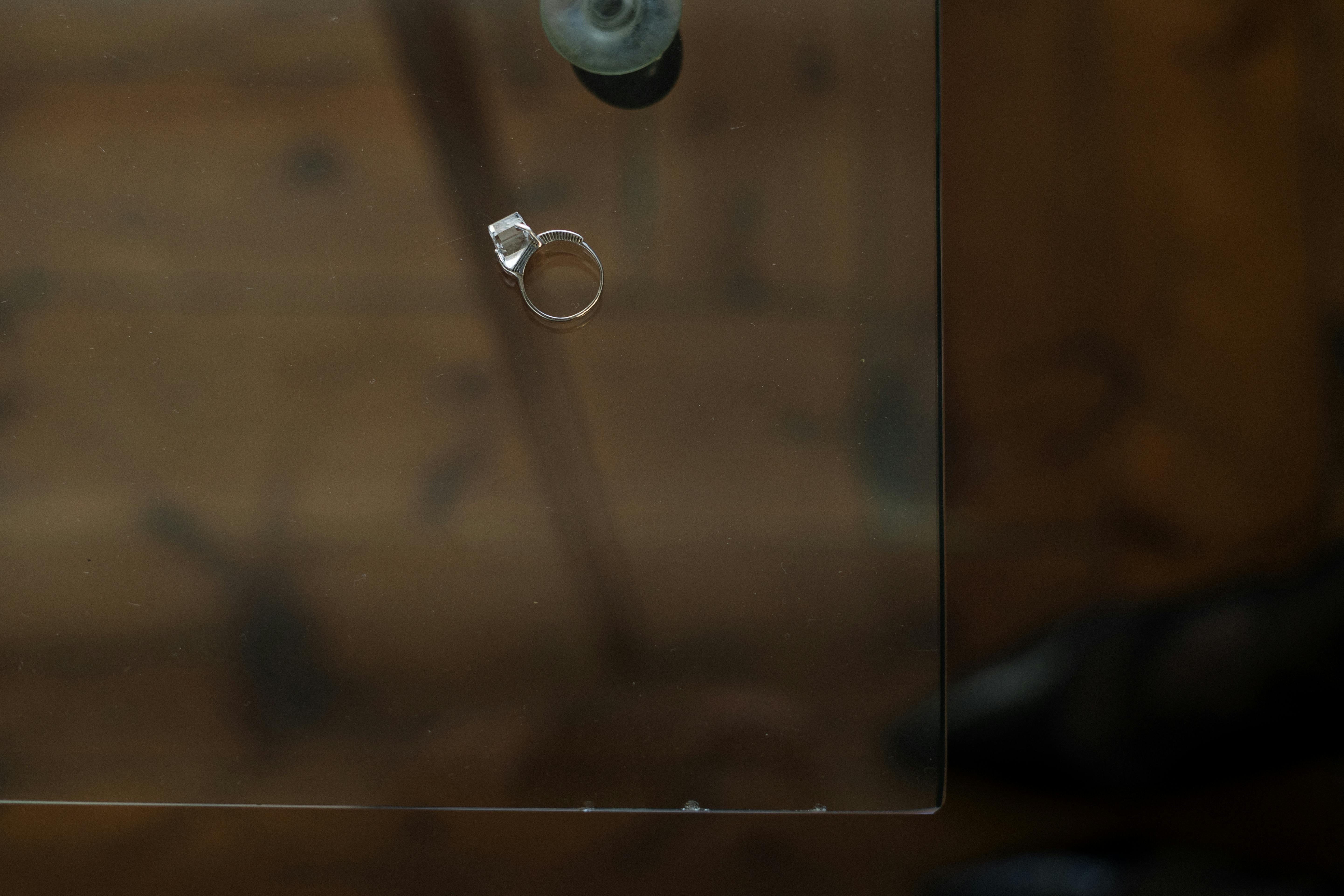
What do lice look like?
Until the threat arose, you probably gave head lice little thought. But now that you’re worried, are you wondering how to spot the nasty creatures?
The most common reasons to suspect a lice infestation are:
- An itchy scalp
- Exhibition of a friend or classmate
- Flaky debris that you think may be nits.
Of these reasons, an itchy scalp is probably the most likely to be a lice infestation. However, other causes of itchy scalp include dandruff, dry skin, seborrhea, mosquito bites, allergies to hair products, and impetigo. Just thinking about head lice can make your scalp itchy. Don’t jump to conclusions, you may just need to change shampoos.
Simple classroom exposure without any symptoms is a fairly low level risk for head lice. Looking for a single louse is like looking for a needle in a haystack. Only when the insects multiply will they be easily detectable. Even then, adult lice are hard to find. They look somewhat like an aphid or tiny spider, and can easily slip away from an intruder who examines them.
Nits, on the other hand, are pretty easy to spot. Look for them on the scalp at the nape of the neck. If you don’t find them here, move on. Nits appear as pearly ovals that stick firmly to the hair shaft. That’s not to say you can’t dislodge them if you pull hard enough, but they don’t come off as easily as dandruff or dry skin. Finding a single true nit is enough to diagnose head lice. However, if you find one, chances are you’ll find more. If you’re not sure if you found nits or dandruff, look around until you find a few more to confirm the diagnosis.
People infested with lice may or may not have symptoms. An itchy scalp is the most common symptom, with the second being a bumpy rash. If one person in the family has head lice, everyone else living in the same household should also be inspected, whether they have symptoms or not. Even if no one else is found to be harboring lice, treatment should be considered anyway, especially if repeated infestations occur.
Most people with head lice do not need to see a doctor. There are several over-the-counter remedies that your pharmacist can recommend. However, for resistant cases, stronger prescription medications are available through your doctor, who will want to see you to confirm the diagnosis.
Copyright 2010 Cynthia J Koelker, MD